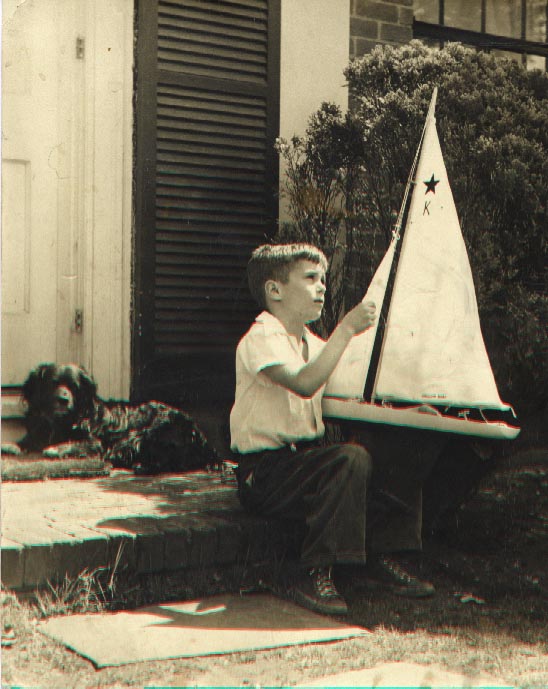
The word ["nostalgia"] has acquired a veneer of duplicity, of sentimental inauthenticity, an evil "construction" that seems distant from the original meaning, or at least from the way I use the word--to suggest the dreamlike process of memory.
"Bad" nostalgia operates . . . disrupting past and present, creating a past that is merely a refuge from the present rather than inherited significance. Stewart sees nostalgia as "a social disease." . . . I disagree with her basic premise regarding nostalgia's utopian inauthenticity: "Nostalgia," she writes, "is sadness without an object, a sadness which creates a longing that of necessity is inauthentic because it does not take part in lived experience."
What does it mean, then, that nostalgia is part of my lived experience, that it is desire unremoved from the senses, that I consider it a seamless and positive part of life, a reminder of depth, a confirmation of continuity?
Tourism and childhood reminiscence, curiosity about one's own family's or place's history need not involve any severance or escape from the new home one has constructed for oneself as an adult. They are not the same as a longing to return home (and to stay there), to reconstitute the mythical "good old days," or a "golden age," refusing to confront the present, seeking purity and isolation that allegedly characterized some past somewhere . . . but probably not anywhere we live. (Lippard 1999, 153f, 164)